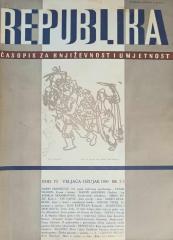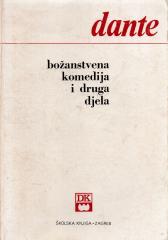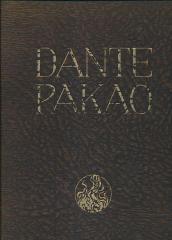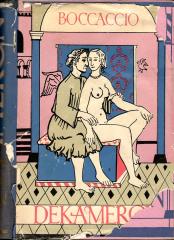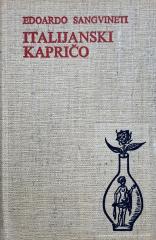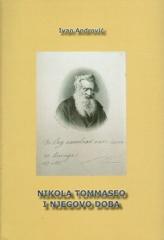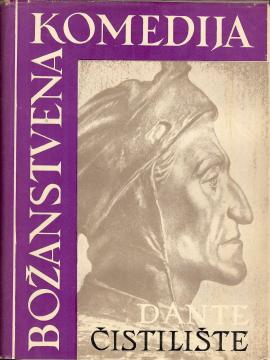
Božanstvena komedija: Čistilište
While the poetry of Hell is completely human and full of dramatic power, the poetry of Purgatory is the poetry of peace, gentleness and tranquility after life's storms, and the poetry of Paradise is the poem of a Christian believer and scholar of that tim
Dante probably started writing the Comedy around 1306, in the first years of his exile from his native Florence, and finished it shortly before his death. Hell is completed by 1309, Purgatory sometime by 1316, and Paradise between 1316 and 1321. Dante imagined Purgatory as a high mountain, an island surrounded by the ocean, in nine parts, with Pre-Purgatory and on the top with the Earthly Paradise. Nine heavens revolve around the globe of the Earth, and above them is the immovable and infinite Empyrean, in which God resides.
For Dante, Purgatory is a state in which sinners are arranged, just like in Hell, in belts according to the severity of sins, but the reverse of the arrangement that prevails in Hell: from more serious sins and torments to lighter ones, i.e. outcasts who repent too late and careless rulers in the vestibule to the proud, the envious, the angry, slackers, gluttons and spendthrifts, gluttons and debauchers. At the top of Purgatory is the Earthly Paradise, where Dante will be left by Virgil, and in a miraculous vision Beatrice will appear above a mysterious chariot in a solemn procession.
No copies available
The last copy was sold recently.
